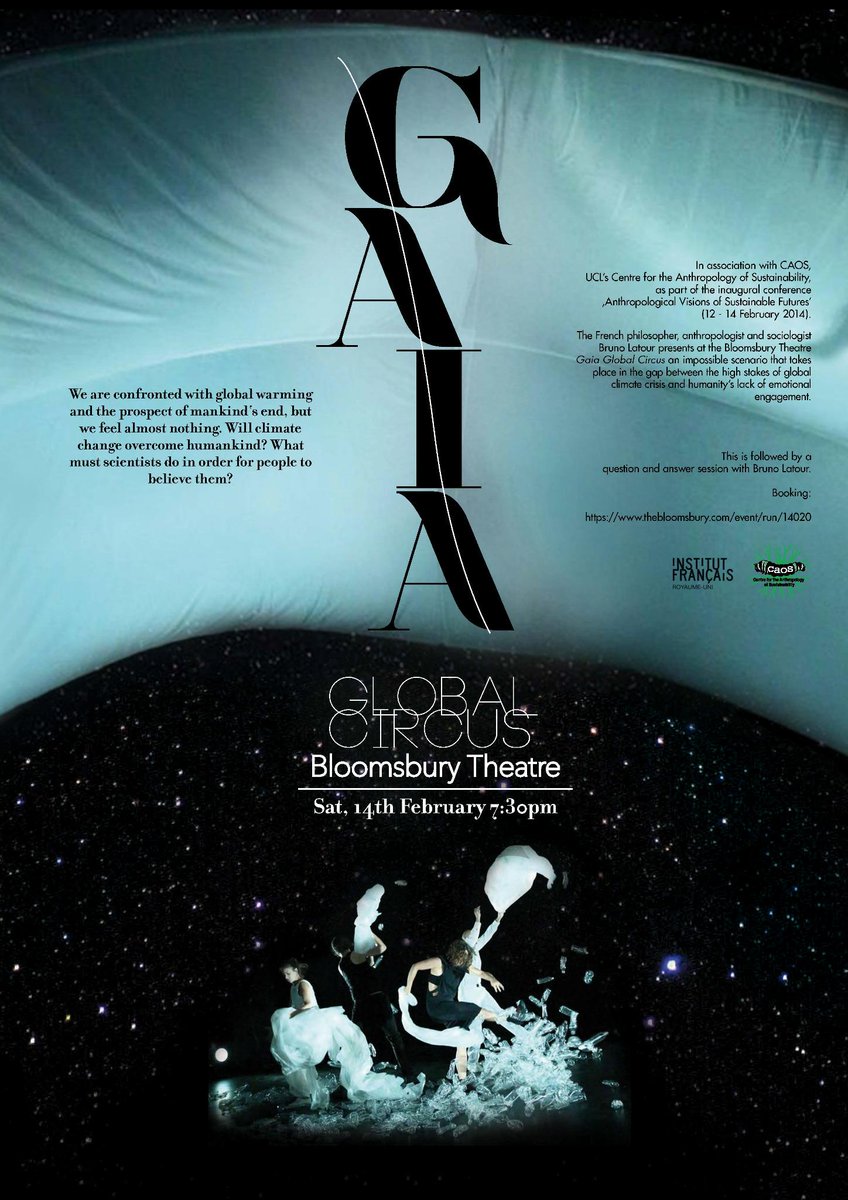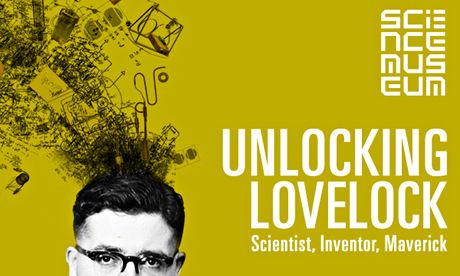Various commentators have recently drawn links between thinkers as diverse in time and predilection as Pierre Teilhard de Chardin, Vladimir Vernadsky, George Perkins Marsh, and the Comte de Buffon (to name but a few), suggesting that these figures articulated arguments regarding the effects of human action on the Earth that are directly comparable to present concepts.
Hamilton and Grinevald argue in no uncertain terms that to equate any of these authors with the Anthropocene is deeply anachronistic. None of these authors had anything approaching the same conception of what the Earth is as we do today. They were operating, in other words, with completely different geo-ontologies. Their statements should, therefore, be read in their historical contexts.
"[S]ince the last decades of the 19th century natural science’s understanding of the global environment has undergone a profound transformation, a scientific revolution not yet fully recognized. Although human impact on Earth was a well-known theme within naturalistic and geological thinking from the time of the Western industrial revolution, there was no foreshadowing of the Anthropocene in its contemporary sense. Stoppani’s ‘anthropozoic era’ and a number of variations – Renevier’s ‘Période Anthropique’ (1873), Joseph LeConte’s (1877) and Charles Schuchert’s (1918) ‘psychozoic era’, James Dwight Dana’s ‘Era of Mind – Age of Man’, Teilhard’s noösphere – described the impact of human action on ‘the face of the Earth’ rather than on the planet Earth as an evolving complex system. The concept of the Earth system – including the anthropogenic alteration of the great biospheric or biogeochemical cycles – was another century in the making." (p.6)For Hamilton and Grinevald, we must recognise the deep novelty of the Anthropocene and refuse any undue backdating of either its concept or its referent. The historiographical and geopolitical point of their argument is to unbendingly refute the 'early Anthropocene' thesis.
Alongside John Tresch's work, which I wrote about yesterday, this short but extremely informative essay has convinced me that the project of reconceiving geopolitics as a concept requires a far more historically informed and anachronism-sensitive approach than has prevailed so far. This kind of historical geo-ontology is something that I'm hoping to develop in the near future.


